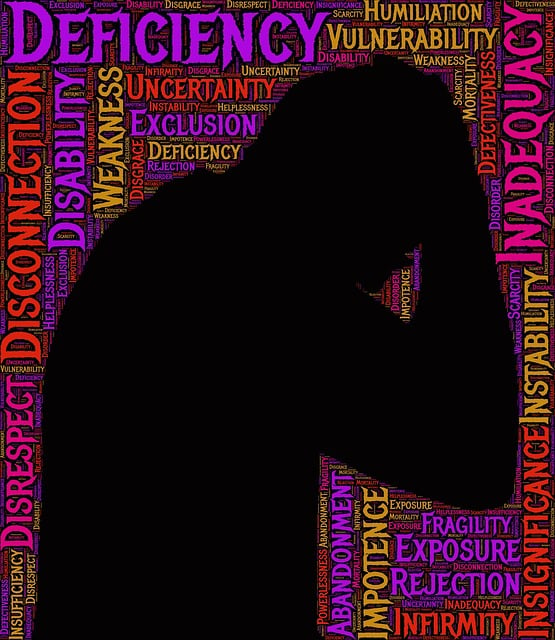Global mental health advocacy initiatives push for improved access to quality care, reducing stigma and promoting understanding. These efforts prioritize mental well-being as essential for societal progress. Key strategies include better policies, increased funding, innovative therapy models like Superior Suicide Prevention Therapy, burnout prevention for healthcare providers, and emotional well-being techniques. Community-driven programs use safe spaces and supportive environments to provide trauma support, fostering social integration and stress management skills with cultural sensitivity. These initiatives revolutionize support systems through early intervention, open dialogue, risk management planning, and resilience-building, ultimately enhancing quality of life worldwide.
Mental health advocacy initiatives play a pivotal role in fostering global well-being. This article explores two key aspects: understanding mental health advocacy and its profound impact on suicide prevention through community-driven therapy. We delve into innovative strategies that have proven effective, offering a comprehensive guide for advocates. By examining these approaches, we aim to illuminate paths towards better support systems and improved mental healthcare, with a special focus on superior suicide prevention therapy.
- Understanding Mental Health Advocacy: A Global Call to Action
- The Role of Community in Suicide Prevention Therapy
- Innovative Strategies for Effective Mental Health Advocacy Initiatives
Understanding Mental Health Advocacy: A Global Call to Action

Mental health advocacy initiatives are a global call to action, recognizing the urgent need to improve access to quality mental health services and support. These efforts aim to dispel stigma, promote understanding, and ensure everyone has the opportunity to thrive. At the heart of this movement is the belief that mental well-being is essential for overall health and societal progress. By advocating for better policies, increased funding, and innovative therapy models like superior suicide prevention practices, we can create a more compassionate and supportive environment.
Integrating burnout prevention strategies for healthcare providers is crucial to sustain the mental health care system. Emphasizing emotional well-being promotion techniques and implementing effective mental health education programs design can contribute to a healthier, more resilient population. Through these collective efforts, we move closer to a world where mental health is prioritized and treated with the same urgency as physical health, ultimately enhancing the quality of life for individuals worldwide.
The Role of Community in Suicide Prevention Therapy

In the realm of mental health advocacy, community-driven initiatives play a pivotal role in enhancing Superior Suicide Prevention Therapy. By fostering a supportive environment, communities can act as a powerful tool to combat suicide and promote well-being. This involves creating safe spaces where individuals, especially those dealing with trauma or stress, can connect, share their experiences, and receive non-judgmental support. Such community interventions often incorporate cultural sensitivity in mental healthcare practice, recognizing the unique needs and challenges faced by diverse populations.
For instance, local support groups, peer mentoring programs, and community outreach events contribute to building a strong network of Trauma Support Services. These initiatives not only provide immediate crisis intervention but also encourage long-term recovery through social integration and improved stress management techniques. By embracing cultural sensitivity, mental healthcare practices become more inclusive, ensuring that every individual receives tailored care that respects their background and beliefs, ultimately saving lives and enhancing the overall resilience of the community.
Innovative Strategies for Effective Mental Health Advocacy Initiatives

Mental health advocacy initiatives are transforming lives by employing innovative strategies that go beyond traditional methods. One such groundbreaking approach is integrating superior suicide prevention therapy into community outreach programs. By focusing on early intervention and fostering open dialogue, these initiatives aim to destigmatize mental health issues and provide support systems for at-risk individuals.
Risk management planning for mental health professionals plays a crucial role in ensuring the safety and well-being of both practitioners and clients. This involves implementing evidence-based practices and protocols that promote emotional healing processes. Encouraging positive thinking and resilience among individuals facing mental health challenges is another effective tactic, as it empowers them to navigate life’s hurdles with greater optimism and self-efficacy.
Mental health advocacy initiatives, such as those that promote Superior Suicide Prevention Therapy, are essential components of a global effort to create supportive communities. By combining education, innovative strategies, and community involvement, we can significantly improve mental well-being and reduce suicide rates worldwide. These initiatives not only raise awareness but also provide critical resources and support systems for those in need. Embracing these efforts is a collective responsibility, ensuring that no one faces their mental health challenges alone.














